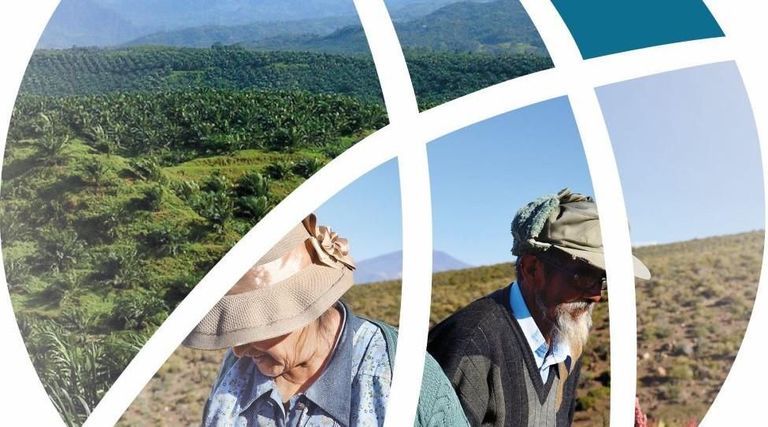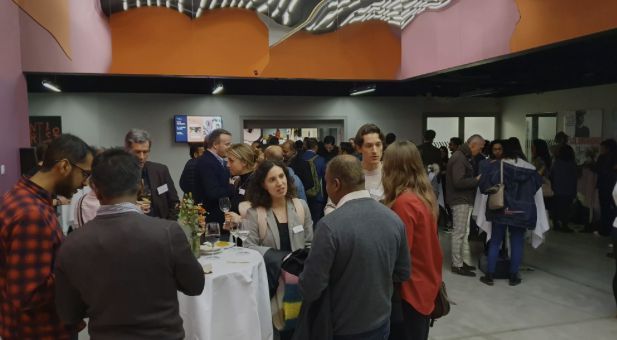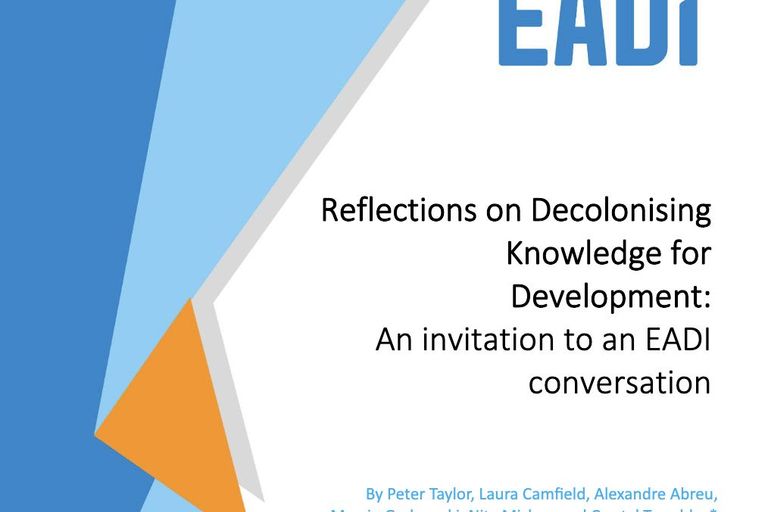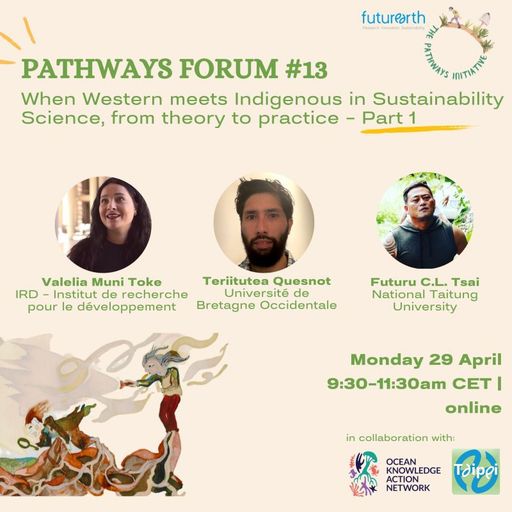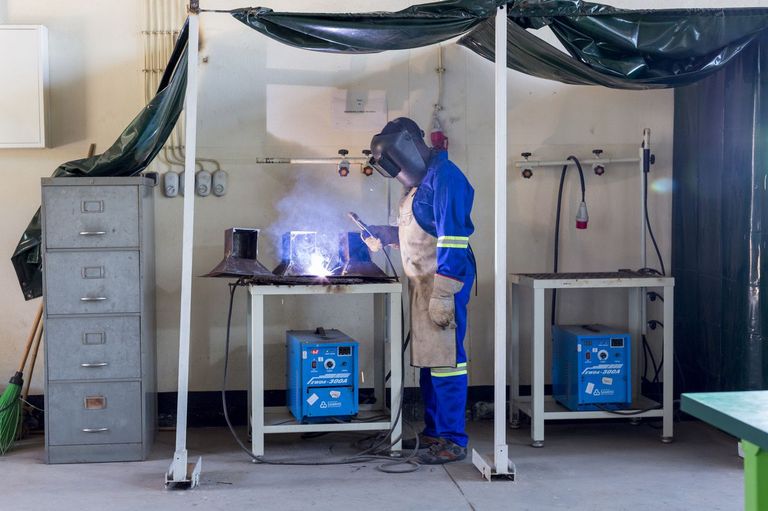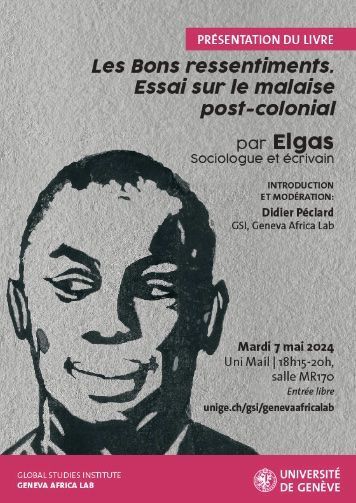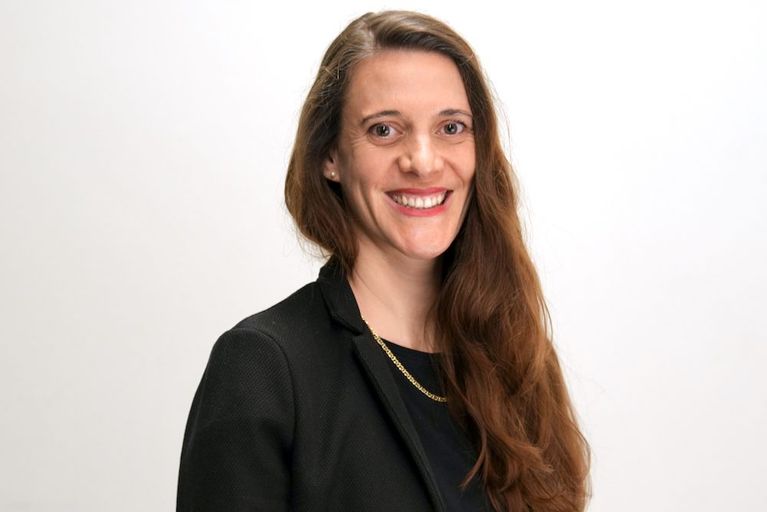
Elisabeth Schubiger, Projektleiterin
Seit März 2024 arbeitet die Sozialanthropologin als Projektleiterin bei der Steuerungsgruppe Nachhaltigkeitsforschung und der Kommission für Forschungspartnerschaften mit Entwicklungsländern.
Image: Andres Jordi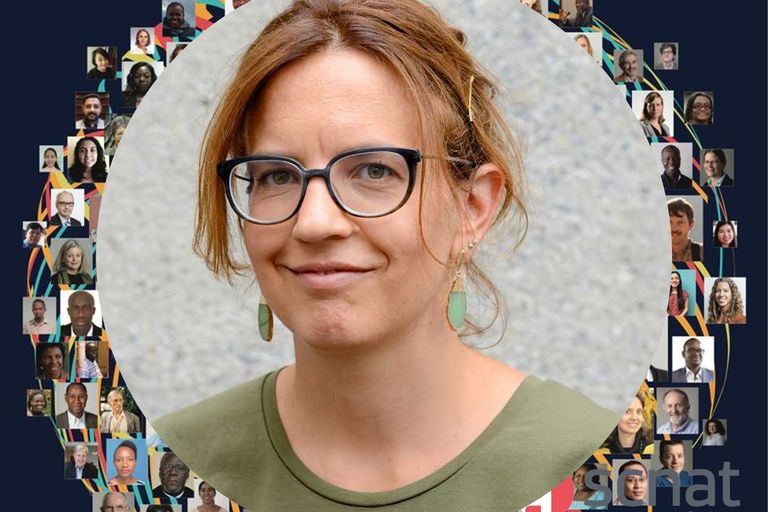
New KFPE President
Isabel Guenther from ETH NADEL Center for Development and Cooperation has been elected as the new president of KFPE. The KFPE is delighted to have an inspiring and committed new president to work with. Isabel Günther is the successor to Thomas Breu, who has led the KFPE successfully and with great passion over the past six years.
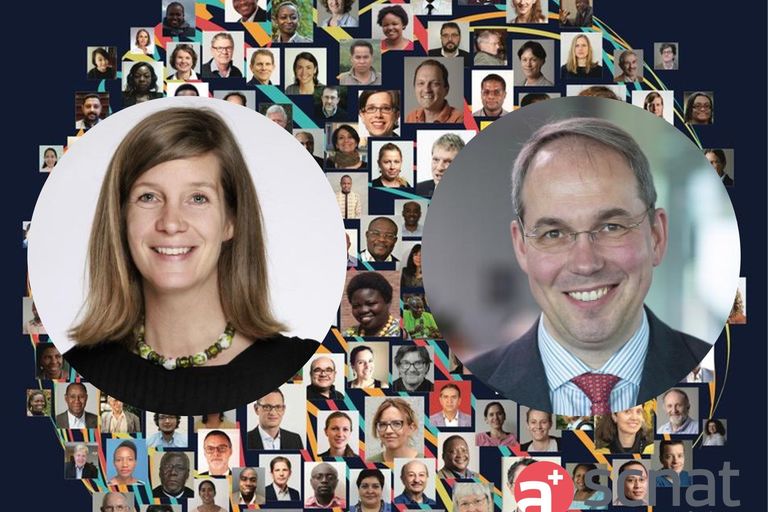
New KFPE members 2024
Kristina Lanz from allianceSud and Achim Wennmann from IHEID have been elected as new members of the KFPE. We are honored to welcome you to our board and we are looking forward to your contributions to push KFPE to the next level.

